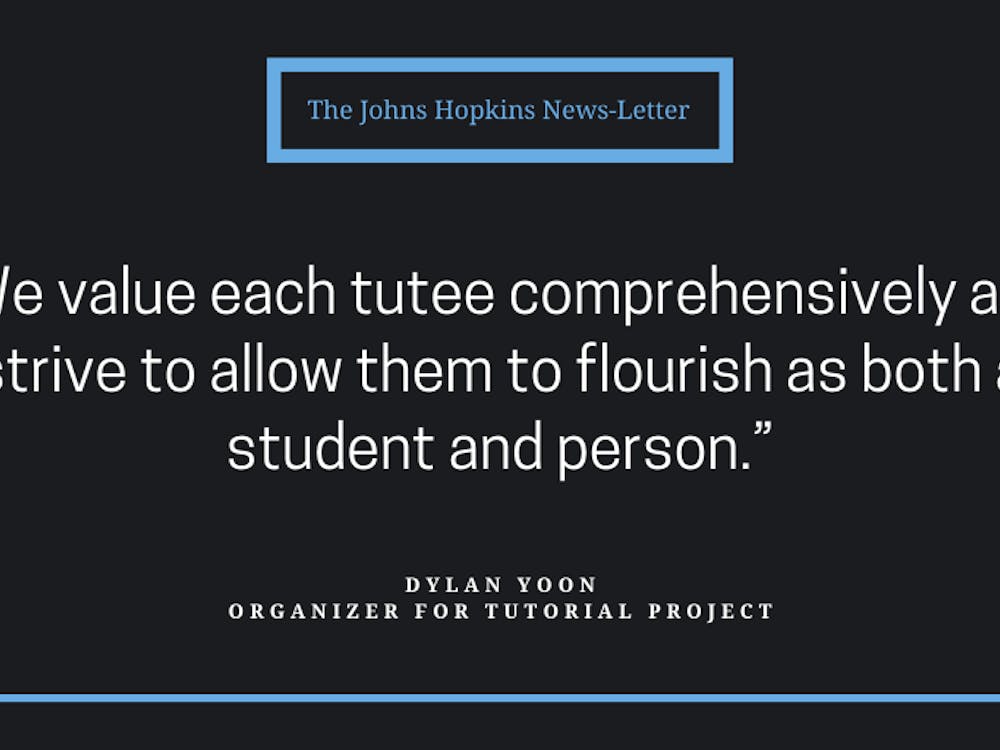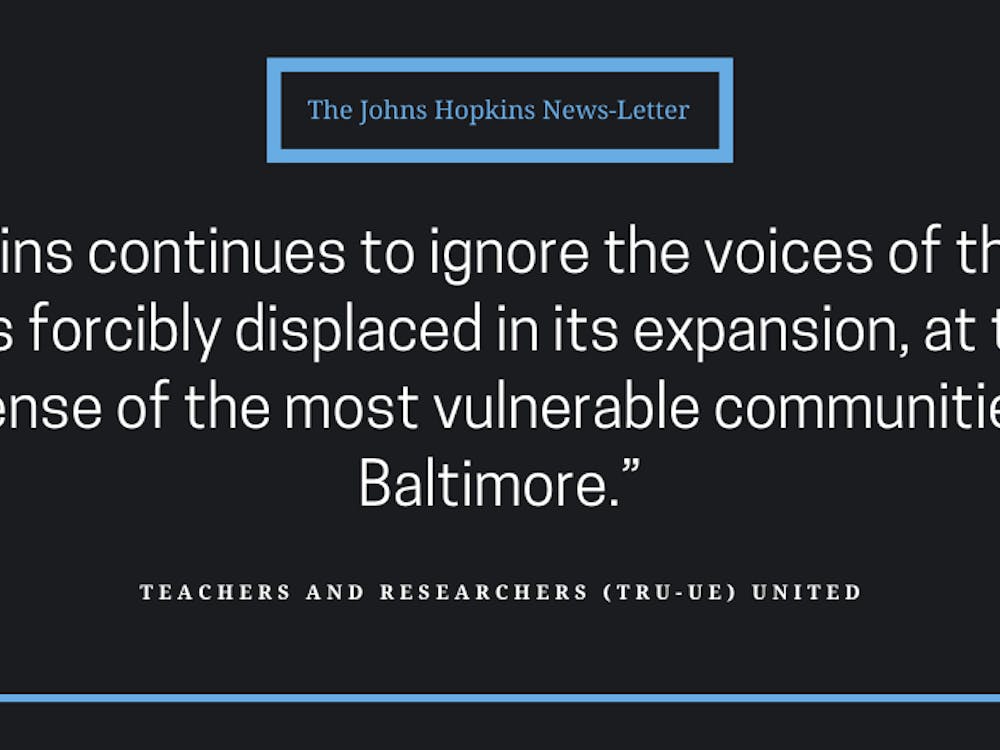NYU Associate Professor Cristina Beltrán discussed humor and its capacity to foster democratic and civic conversations in times of deep political divide on Wednesday in Mason Hall. Her talk was hosted by the Department of Political Science.
She believes that humor plays an important role in contemporary politics and has the ability to integrate anger and joy.
“We seem to be living in a golden era of both mass protest and political comedy,” Beltrán said. “Comedy and mass protest are not unrelated. One of the powerful elements of things like March for Our Lives, the Women’s Marches and the March for Science was the way these mass actions combined outrage and pleasure.”
Beltrán became interested in this topic when exploring the common but oversimplified answers to complicated problems. She described the consequences of becoming resistant to complex and multifaceted answers.
“A resistance to nuance and ambivalence and complexity can make the public more susceptible to racialized forms of demonization and hostile to other forms of sexual, gender, religious and class differences,” she said. “Our collective capacity to support meaningful pluralist politics requires... a democratic ethos that resists simplicity and closure.”
Beltrán noted that while traditional political realm tends to err on the side of simplicity, there is extensive celebration of complexity and creativity in aesthetic forms like theater, music, film and arts. She thought that the latter is richer in content and exploration.
Beltrán described the differences between expectation and desire, highlighting the difference between aesthetic and political expectations.
“We expect aesthetics to move us, but I think we have a far murkier response of what our political expectations are,” Beltrán said.
She further explained that this integration signifies the need for a broadened way of experiencing politics, as laughter involves a more visceral and less formal reaction.
“The turn to humor reflects a broad desire to expand the emotional range of our politics, to make public our outrage, our anger, our fear, our despair and turn it into something productive,” Beltrán said. “The desire to engage each other on a more visceral register reflects a widespread desire for honest assessments of our political failures and new and better solutions.”
Beltrán also noted the various implications of humor, citing the 1919 Omaha riots in which white supremacy was expressed not only through rage but also through laughter. She illustrated this with a picture of a mob of white men surrounding the lynched body of Will Brown, a black man. In the photo, the men did not look infuriated but displayed expressions of amusement instead.
“We need to start paying attention to the relationship between racism, violence and certain forms of joy. It matters when we laugh, where we laugh and who we laugh with,” Beltrán said.
She said laughter can show various expressions and emotions like freedom and uncertainty.
“The political aesthetics of humor can offer us lessons of insights about what resistance and freedom and being humbled might feel like,” Beltrán said. “Laughter is also a way of expressing our feelings of disorientation and uncertainty [as well as] the absurdity and horror of the politics we often find ourselves in.”
Beltrán also defined three traditional theories of humor and explained how these theories help to understand political humor. One of these theories was the superiority theory, in which people revel in others’ failures as a confirmation of their own moral superiority. Beltrán stated that this theory was the one that U.S. President Donald Trump commonly employs.
“Trump is forever engaging in put-down humor,” Beltrán said. “For Trump, to be the target of humor is to be subordinate [and] dominated. He has no humor about himself, he never does self-deprecating humor because to be the subject of laughter is to be humiliated.”
Beltrán additionally showed a clip titled “Auction Block” from Key and Peele in order to portray the effects of satire.
“The skit highlights the claim that satire has the unique ability to underscore the absurdity, ignorance and prejudice of commonly accepted behavior by means of comedic critical reflection,” she said.
Beltrán reaffirmed the necessity of maintaining and integrating the outrageousness of humor and satire into politics.
“[Some] forms of outrageousness and clownishness are seen as dangerous, demeaning and toxic,” Beltrán said. “But that should not lead us to condemn or contain practices about outrageousness or audacity or aggression in our own politics.”
Sophomore Audrey Hazel said that Beltrán made her think about the connection between humor and politics in a new way.
“I thought [the talk] was really interesting, I haven’t really thought of humor as being a useful political action as a way to make progress,” Hazel said.
Graduate student Liam Haviv also believed that the lecture brought up interesting ideas on trust and respect within political conversations.
“It’s really interesting that [she says] that we have to make politics more interesting but we also need to fit in a little bit of trust that allows for that,” Haviv said. “That’s really important, that we can have those discussions as a community that allows for a little bit of lightheartedness but that does so tastefully and with respect.”






















Please note All comments are eligible for publication in The News-Letter.